Reading Education in the Spotlight: Unpacking the Science of Reading
The ‘Science of Reading’ has become a pivotal phrase in educational circles, sparking a movement that’s redefining how reading is taught in classrooms across the globe. At its core, the Science of Reading is an evidence-based approach that combines decades of research on how children learn to read. This research underscores the importance of systematic phonics instruction, an understanding of phonemic awareness, and the development of fluency and comprehension skills.
This shift towards a scientific approach marks a significant departure from traditional methods, which often emphasized recognition of whole words and the use of context clues for decoding. While these methods had their merits, mounting evidence suggests that they might not be sufficient for all learners. The Science of Reading, in contrast, aims to build a more solid foundation for reading, starting with the smallest units of sound and building up to more complex reading skills.
Educators and policymakers are now grappling with the challenge of integrating these research findings into practical, classroom-based strategies. This integration process is complex, as it involves overhauling long-standing teaching practices and curricula. However, the potential benefits for student literacy rates make these efforts worthwhile, promising a future where more children become proficient readers.
Legislative Reforms in Reading Instruction: Progress and Pushback
In response to this emerging evidence, several states and countries have enacted legislative reforms to align reading instruction with the Science of Reading. These laws often mandate specific types of phonics instruction and require teachers to undergo training in these methods. The goal is to ensure that every child has access to reading instruction that’s grounded in scientific evidence, thereby improving literacy outcomes across the board.
However, these legislative reforms have not been without controversy. Critics argue that a one-size-fits-all approach may not address the diverse needs of all students, particularly those with learning disabilities or those learning English as a second language. There’s also concern that excessive focus on phonics might neglect other critical aspects of reading, such as comprehension and the love of reading.
Despite these concerns, proponents of the reforms emphasize their necessity. They point to studies showing significant improvements in reading scores when teachers use evidence-based reading instruction methods. The debate is ongoing, but what’s clear is that any approach to reading instruction must be flexible enough to adapt to the needs of diverse learners.
From Buzzword to Misuse: The Dilution of ‘Science of Reading’
The popularity of the term ‘Science of Reading’ has also led to its misuse. In some cases, it’s been co-opted by publishers and educational programs to market products that may not genuinely align with the research. This dilution poses a risk, as it can lead educators and policymakers astray, diverting them from methods that are truly evidence-based.
It’s crucial, therefore, for educators and decision-makers to critically evaluate resources and programs that claim to be based on the Science of Reading. Ensuring fidelity to the research is key to maintaining the integrity of reading instruction reforms and achieving the desired outcomes in student literacy.
Measuring the Impact: Assessing New Reading Laws
The true test of these legislative changes lies in their impact on student literacy rates. Early indicators from states that have implemented these reforms are promising, showing improvements in reading proficiency. This evidence supports the idea that when reading instruction is aligned with scientific research, students benefit. However, ongoing assessment is crucial to ensure that these reforms continue to meet the needs of all students.
Teacher Perspectives: Navigating New Reading Policies
Teachers, the frontline implementers of these reforms, face a unique set of challenges. For many, adopting the Science of Reading approach requires a significant shift in teaching practice. This transition can be daunting, especially for veteran educators who have relied on different methods for years. Professional development and support are key to helping teachers navigate this shift successfully.
Moreover, teachers are finding that while phonics instruction is essential, it’s not a panacea. They must balance this with strategies that foster comprehension, critical thinking, and a love for reading. The art of teaching reading, therefore, involves blending the science with an understanding of each student’s unique needs and interests.
Finally, teachers are advocating for a collaborative approach in implementing these reforms. They emphasize the importance of involving educators in the conversation around reading instruction policies, ensuring that the policies are practical, effective, and responsive to classroom realities.
Balancing Evidence and Expertise in Reading Education
In sum, the movement towards a Science of Reading-based approach represents a significant evolution in reading education. It promises to enhance literacy outcomes by grounding teaching practices in solid research. However, the success of this approach hinges on a careful balance between evidence and the expertise of educators. It requires continuous evaluation, adaptation, and a commitment to meeting the diverse needs of all students.
As we move forward, it’s essential to maintain this balance. We must support our teachers with the training and resources they need to implement these changes effectively. At the same time, we must remain open to feedback from the classroom, ensuring that our approach to reading instruction is as dynamic and diverse as the students it serves. Let’s commit to a future where every child has the opportunity to become a proficient, confident reader, equipped with the skills they need to navigate the world. Together, we can make this vision a reality.
